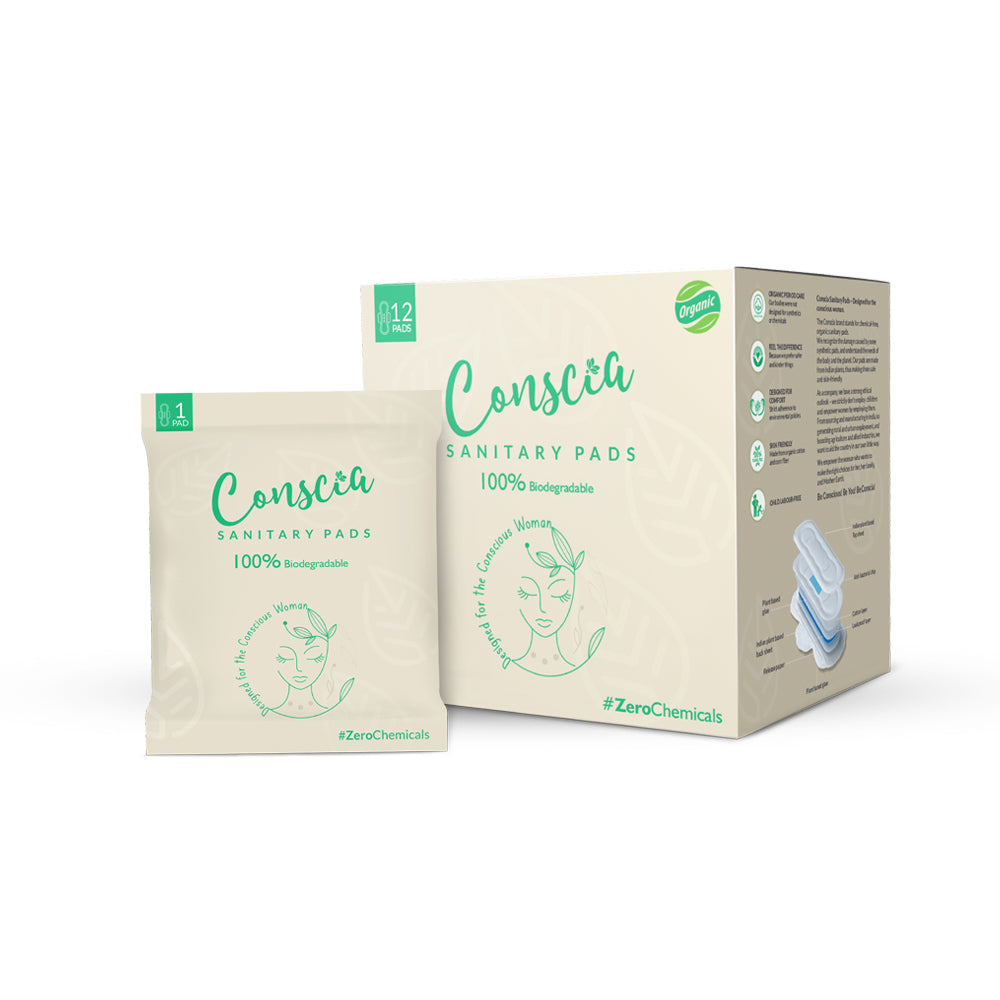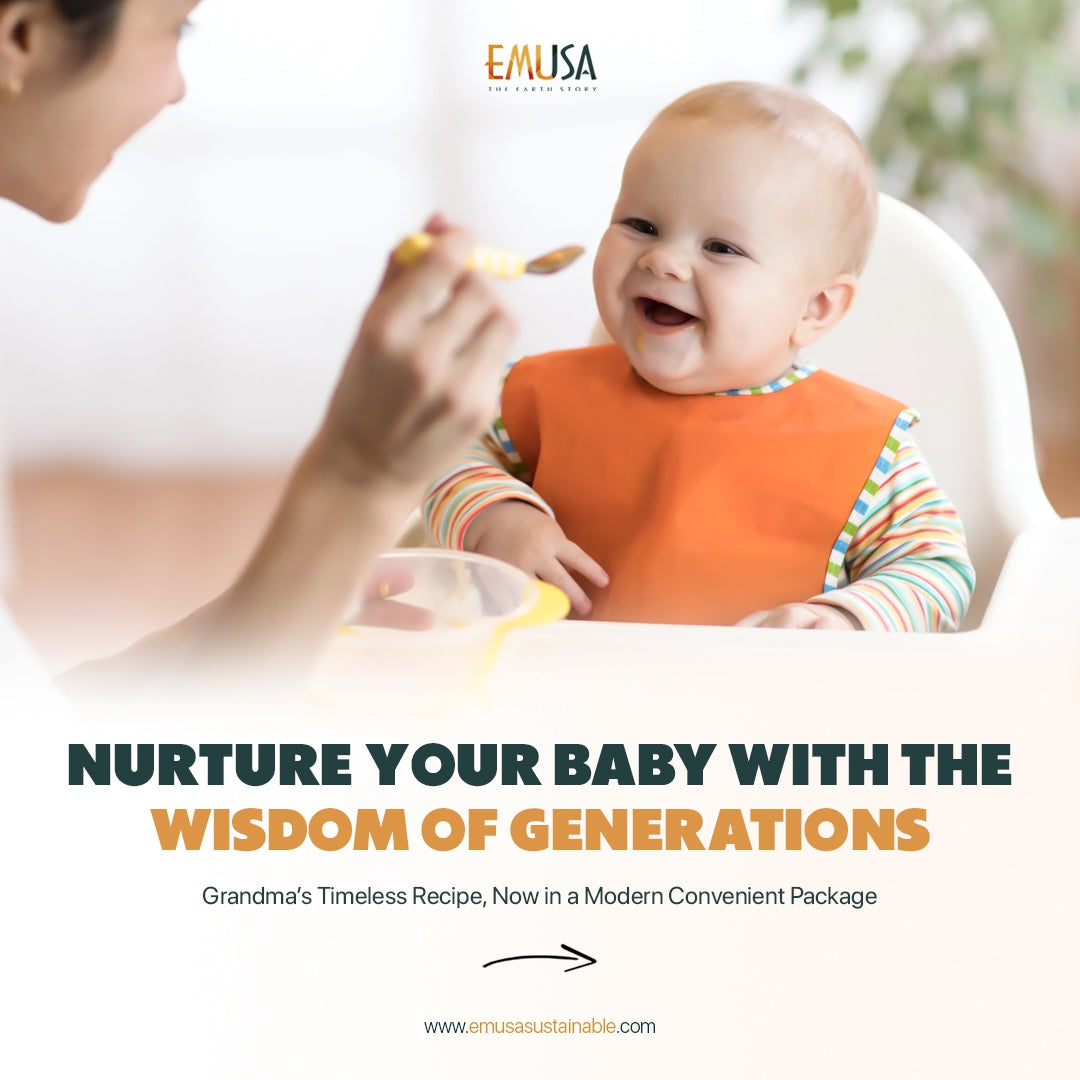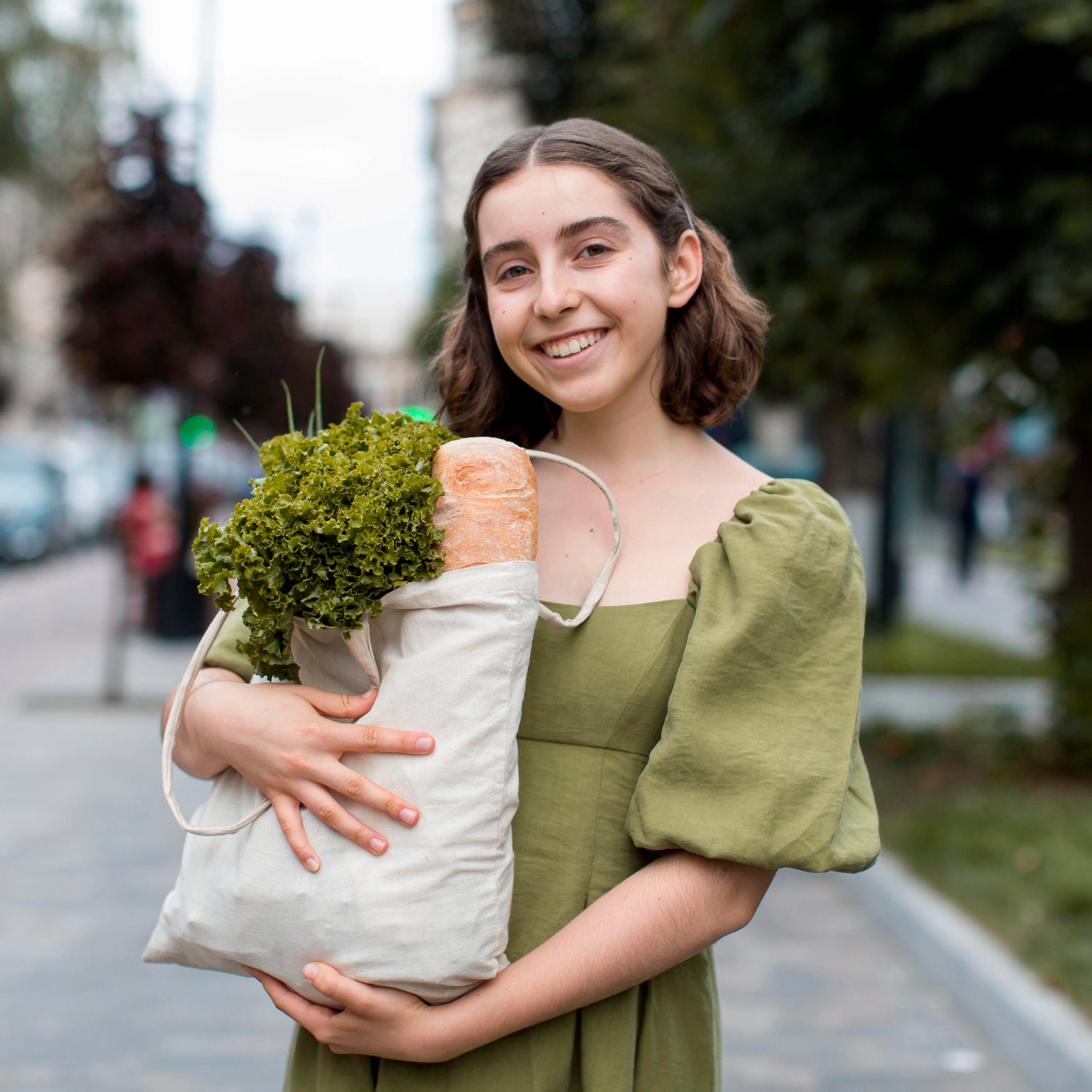The organisation’s ground-breaking vision is to empower adolescent girls with information and skills on crucial issues like menstrual hygiene and its management
Did you know that a single sanitary pad is made up of 90 per cent plastic? This includes the leak-proof base layer, the synthetic plastics in between, and finally the plastic packaging. All this adds up to the equivalent of 4 plastic bags. And the scary part is that as a non-biodegradable substance, plastics have a long afterlife - anywhere between 250 – 800 years.
This is an awfully horrific load on Planet Earth, already showing alarming signs of wear and tear from an endless array of pollutants. And plastic is listed as one of the worst culprits by environmentalists around the world.
But this is just the tip of the iceberg, so to say. The overall reality is decidedly spine-chilling, to say the least.
Every woman menstruating once a month, on an average for about 40 years, uses nearly 10,000 sanitary pads or tampons, more or less, which either go into our oceans and cause tremendous damage to marine life or end up in landfills.
Statistical data released by an environmental group, Toxic Link, reveals that in India alone, 12.3 billion sanitary pads are dumped in landfills and water bodies every year. Now that’s an alarming figure in itself. If we had to compute the global average, it would certainly add up to a staggering dead-weight, which could irreversibly impact an already undermined and overstretched fragile planet.
Single use plastic in menstrual products referred to as SAP (super absorbent polymers), is made from Sodium Polyacrylate, a non-biodegradable synthetic material, which consists of Acrylic Acid and is associated with several adverse effects on the body such as skin allergies, irritation in the nose, throat and lungs.
In rural India, lack of a proper waste management system is a major constraint. As a result, disposed sanitary pads are burnt as the only viable option, releasing toxic and harmful chemicals into the air.
EMUSA takes on the role of torch-bearer
With so much environmental degradation taking place, practically every minute, what chances are there of saving the planet? Fortunately EMUSA, has appeared on the scene like a torch-bearer, to show the world that there is an answer to the problem.
Hyderabad-based EMUSA is a unique earth-friendly online marketplace that brings together conscious brands and nature-loving consumers across India onto a single platform. The platform showcases a wide range of products from Fashion, Beauty, Wellness, Food & Beverages, Art and Hygiene.
Every product listed on EMUSA is eco-friendly, made of non-toxic, organic, recycled or upcycled materials.
For a sustainable earth, EMUSA has introduced Conscia, a new eco-friendly, plant-based 100 percent biodegradable sanitary napkins,
made from natural ingredients such as cotton and corn.
These napkins come in two sizes and are completely chemical and odour free, causing no harm to the body as well. After disposal, these sanitary napkins decompose completely and naturally, within 180-360 days.
Emusa’s ground-breaking vision is to empower adolescent girls with information and skills on crucial issues like menstrual hygiene and its management.
EMUSA’s dynamic founder Pallavi Krishna says: “As a part of our vision we plan to tie-up with Rural Communities, Anganwadis, Government Schools and Colleges, and Hospitals, in order to educate women and help them make a safe and conscious choice for a healthy life”.
Clearly, every young girl and woman’s choice for a bright and sustainable future is CONSCIA.







